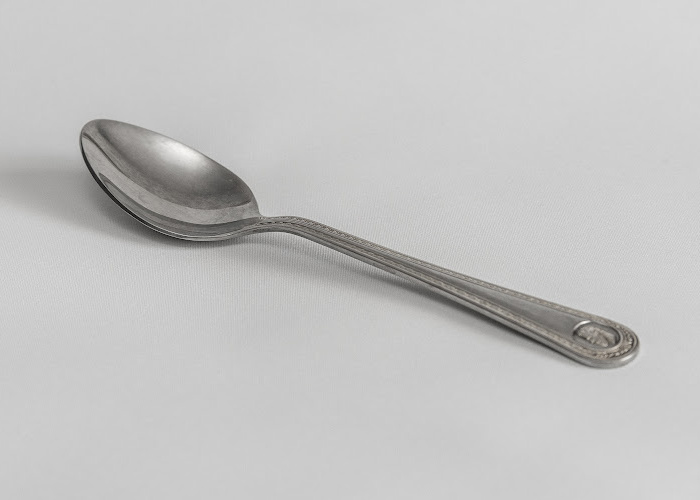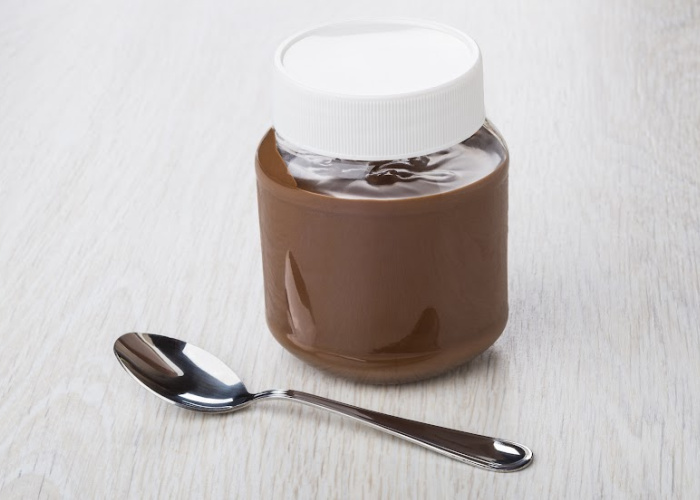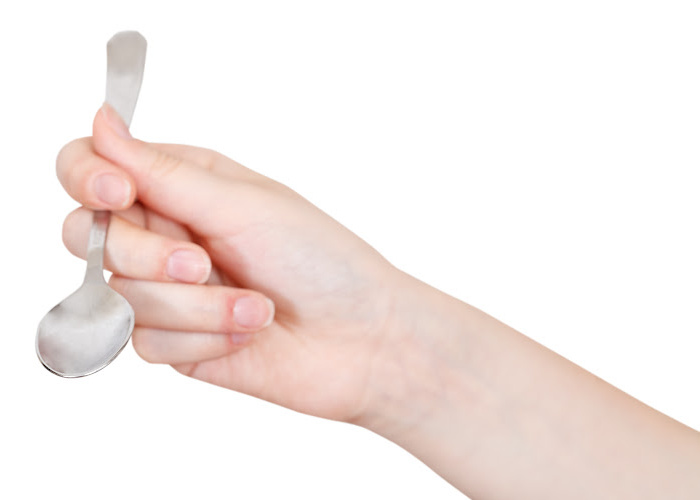It's crucial to know that students with autism and ADHD need special study strategies. Autism…

Why Do Autistic People Like Small Spoons?
For many people, the size of a spoon may not seem like a big deal. However, for some autistic people, the size and shape of utensils can make a huge difference during mealtimes.
In recent years, there has been increased awareness around the sensory issues that often accompany autism spectrum disorder (ASD).
It is now widely recognized that autistic people frequently experience sensory sensitivity – certain textures, sounds, smells, and other sensations may be perceived as unbearable or intolerable.
This includes sensitivity to the tactile sensations of utensils.

The Sensory Experience of Eating with Utensils
Eating is a full sensory experience, involving tastes, smells, sights, and textures. For many autistic individuals, the feel of metal utensils in the mouth can be extremely uncomfortable or even painful.
The cold, hard surfaces provide intense tactile feedback that can feel jarring. Larger spoons maximize surface area contact, intensifying this sensation.
Smaller spoons and forks, on the other hand, minimize contact inside the mouth. The rounded edges and contours of miniature utensils also create a softer, gentler sensation against the lips and tongue.
For some people on the spectrum, this difference is like night and day, making mealtimes far less overwhelming.

Other Benefits of Small Spoons for Autistic People
In addition to dampening unpleasant tactile input, small spoons offer other benefits that can assist with the unique challenges autistic individuals face around eating:
Improved motor control: The lightweight design and short handles allow for more controlled, precise movements, which can aid those with limited fine motor skills.
Portion control: The miniature size helps moderate bite sizes and pace of eating, preventing potential issues with overstuffing or scarfing down food too quickly.
Reduced mess: Short handles on small spoons make it easier to guide food cleanly from plate to mouth, limiting spills.
Calming effect: For some, the smoother feel and precise control help provide a calming effect during mealtimes.

Autism and Sensory Differences
It’s important to understand that for autistic people, sensory difficulties are very real and can be debilitating without support.
While an everyday spoon may seem harmless to most, for an autistic person it can ruin the experience of a meal. Small spoons and other adaptive utensils should be viewed as reasonable aids, not childish preferences.
In recent decades, there has been a cultural shift towards creating more inclusive environments for those on the autism spectrum. Part of this involves recognizing sensory needs around issues like utensil size/shape.
Meeting unique needs, no matter how seemingly minor, allows autistic individuals to engage more fully in daily activities and life.
Conclusion
At the end of the day, the goal is for autistic people to be able to enjoy mealtimes as comfortably as possible.
If a small spoon makes eating less painful or distressing, improving quality of life, then it’s an accommodation worth making.
Rather than judging, we need to listen to autistic voices and support sensory-friendly options.

Frequently Asked Questions
In this section we answer your questions on why autistic people like small spoons.
Why do autistic people like small spoons?
Autistic people often have sensory preferences and may find comfort in familiar objects. Small spoons may provide a sense of familiarity and comfort due to their size, weight, and shape.
How does sensory sensitivity relate to autism?
Many autistic people experience sensory sensitivity, which means they may have different reactions to textures, tastes, and sounds compared to neurotypical individuals. This sensitivity can contribute to their preference for specific objects, such as small spoons.
What are sensory preferences?
Autistic people have unique ways of perceiving and interacting with their surroundings. This includes preferences for certain objects, textures, and sounds, which can provide comfort and help regulate sensory input.
Why are small spoons considered comfort objects for autistic people?
Small spoons are often seen as comfort objects for autistic people because their size, weight, and shape provide a sense of familiarity and comfort. Using small spoons during mealtime can contribute to a more positive eating experience for them.
What are the benefits of using small spoons for autistic people?
Using small spoons can make eating easier and more manageable for autistic people with sensory challenges. The size and shape of small spoons can also promote independence and a sense of control during mealtime.



This Post Has 0 Comments